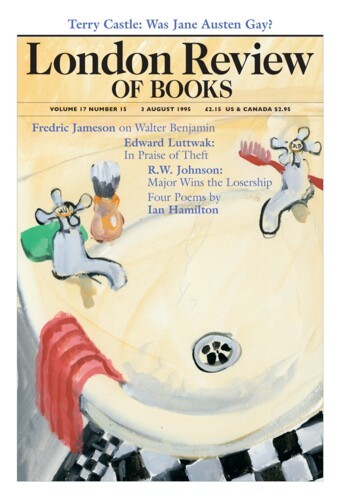Biography
Who turned the page?
When I went out last night
his Life was left wide-open,
halfway through, in lamplight on my desk:
The Middle Years.
Now look at him. Who turned the page?
Steps
Where do we find ourselves? What is this tale
With no beginning and no end?
We know not the extremes. Perhaps
There are none.
We are on a kind of stair. The world below
Will never be regained; was never there
Perhaps. And yet it seems
We’ve climbed to where we are
With diligence, as if told long ago
How high the highest rung.
Alas: this lethargy at noon,
This interfered-with air.
Fever
We are dreaming of a shape within a blur:
A hairline thread, a fracture that won’t knit,
A flaw that won’t be fatal but won’t fade.
We are dreaming of old damage, scars
That hold but never heal.
We are dreaming of discolorations,
Tubes the size of pinholes, mucky lungs.
We are dreaming of a dream within a dream:
A seaside sickroom breeze,
The blue curtains that lilt with it,
Floral walls. And in the air,
Anxiety, not ours.
I think we are dreaming of young mothers,
Of iodine, thermometers, cool hands.
Resolve
You used to know. You used to know
My other room, my books,
My altered times of day.
You used to know my friends.
You used to know how hard I tried
And how foolhardily I’d swear
That this time I’d not falter. You could tell
What lay in store for me, and what I’d spent
And what might be retrieved.
Enchantress, know-all, Queen of Numbers, Muse,
You knew all this. And what do you know now?
More of the same, you’ll say,
But toothless, blind, forgetful. Well, perhaps.
Unlock my hand,
Let’s call this ‘for the last time’.
When you go,
Don’t murmur, as you used to, ‘Yes, I know.’
Send Letters To:
The Editor
London Review of Books,
28 Little Russell Street
London, WC1A 2HN
letters@lrb.co.uk
Please include name, address, and a telephone number.

